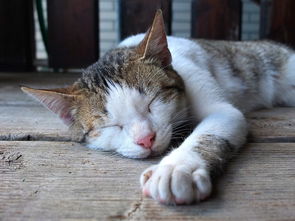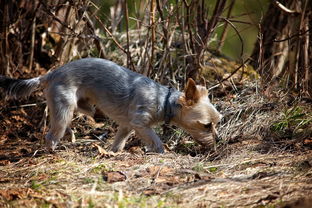Introduction
In the world of pet ownership, one of the first and most personal decisions we make is choosing a name for our furry, feathered, or scaly companions. The name we select not only reflects our personality but also sets the tone for the bond we will share with our pets. English, being a global language, offers a vast array of pet names that can be both descriptive and endearing. In this article, we will delve into the fascinating world of pet names in English, exploring their origins, trends, and the impact they have on our relationships with our pets.
The Origins of Pet Names
The tradition of naming pets dates back to ancient times, with various cultures having their own unique ways of bestowing names upon their animals. In English-speaking cultures, pet names have evolved over centuries, influenced by literature, popular culture, and personal preferences. Some pet names are derived from the animals' physical characteristics, such as "Spot" for a dog with spots or "Whiskers" for a cat with prominent facial markings. Others are inspired by famous figures or fictional characters, like "Lassie" or "Garfield."
Trends in Pet Names
Over the years, trends in pet naming have shifted with societal changes and popular culture. For example, during the 1950s and 1960s, it was common to name pets after celebrities or characters from television shows and movies. More recently, there has been a trend towards humanizing pets, with many owners choosing names that could just as easily belong to a child, such as "Bella," "Max," or "Luna." This trend reflects the increasing importance of pets in our lives and the emotional bonds we form with them.
The Power of a Name
The name we choose for our pet can have a significant impact on our relationship with them. A study conducted by the University of Portsmouth found that the way we address our pets can influence their behavior. Pets with names that are easy to say and have a distinct ending, like "Buddy" or "Molly," are more likely to respond quickly to their names. This is because the clear ending makes it easier for the pet to recognize that they are being called.
Moreover, the name can also influence how we perceive and interact with our pets. A study published in the journal "Anthrozoos" found that people tend to treat pets with cutesy names, like "Pookie" or "Snuggles," more gently and affectionately than those with more serious or formal names, such as "Max" or "Rex." This suggests that the name we choose can shape our behavior towards our pets and, in turn, the dynamics of our relationship with them.
Cultural Influences on Pet Names
English pet names are not only influenced by trends within English-speaking cultures but also by the broader global community. As English becomes more widespread, pet owners from different cultures may adopt English names for their pets, either for practical reasons, such as when traveling with their pets, or to align with global trends. This cross-cultural exchange can lead to a rich tapestry of pet names that reflect a diverse range of influences.
For instance, names like "Zeus" or "Thor" have a strong appeal due to their association with mythology and strength. Similarly, names derived from nature, such as "River" or "Willow," are popular choices that reflect a connection to the environment. These names can be found across different cultures, showing the universal appeal of certain themes in pet naming.
The Future of Pet Names
As our world becomes increasingly interconnected, the future of pet names in English is likely to be more diverse and creative than ever. With the rise of social media and the sharing of pet stories globally, we can expect to see a continued blending of cultural influences and the emergence of new trends.
One emerging trend is the use of unique and unconventional names for pets, which can be a reflection of individuality and a desire to stand out. Names like "Quinoa" for a dog or "Mango" for a cat are becoming more common, as pet owners look for names that are less traditional and more reflective of their pets' unique personalities.
Another trend is the use of names that are a play on words or puns, such as "Sir Wags-a-Lot" for a dog or "Purr-leone" for a cat. These names add a layer of humor and creativity to the pet naming process and can be a fun way for owners to express their love for their pets.
Conclusion
The world of pet names in English is a fascinating reflection of our culture, our values, and our relationships with our pets. As we continue to evolve and adapt to a changing world, so too will the names we choose for our beloved companions. Whether we opt for traditional names, trendy monikers, or unique appellations, the most important aspect of naming our pets is that it reflects the love and connection we share with them. After all, a name is just the beginning of a lifelong journey of companionship and joy.
版权声明
本文仅代表作者观点,不代表百度立场。
本文系作者授权百度百家发表,未经许可,不得转载。











